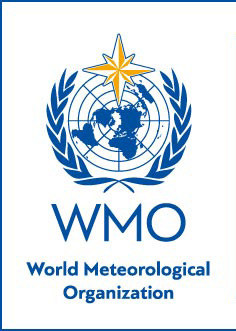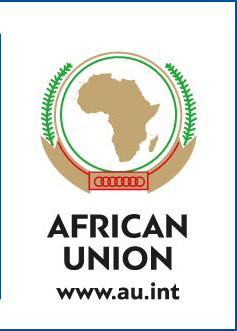NAU scientist uses remote sensing technologies to detect groundwater in drought-stricken East Africa

A series of unprecedented droughts in the already impoverished areas of east Africa, chiefly northern Kenya and eastern Ethiopia, have affected millions of people in the region in the past several years, including many refugees from neighboring Somalia. Although crop failures and resulting food shortages cause severe malnourishment in these populations, the lack of safe drinking water for both humans and livestock also poses a major challenge to governments in this arid region. NAU scientists to collaborate with USGS hydrologists to develop and share models. Northern Arizona University remote sensing scientist and adjunct research professor Pat Chavez was recently awarded a $270,000 grant by the United States Geological Survey (USGS) to join a project funded by the United States Agency for International Development (USAID), “Investigate the Use of Remote Sensing to Detect and Map Potential Ground Water Resources in Eastern Africa.” Working closely with hydrologists and a digital image analyst at the USGS, Chavez and NAU geospatial scientist Scott Kelly will investigate the use of remotely sensed satellite image data in conjunction with hydrological and geological data to generate models that will identify and map the locations of potential sources of groundwater resources at three study sites in Kenya and Ethiopia.
Source


